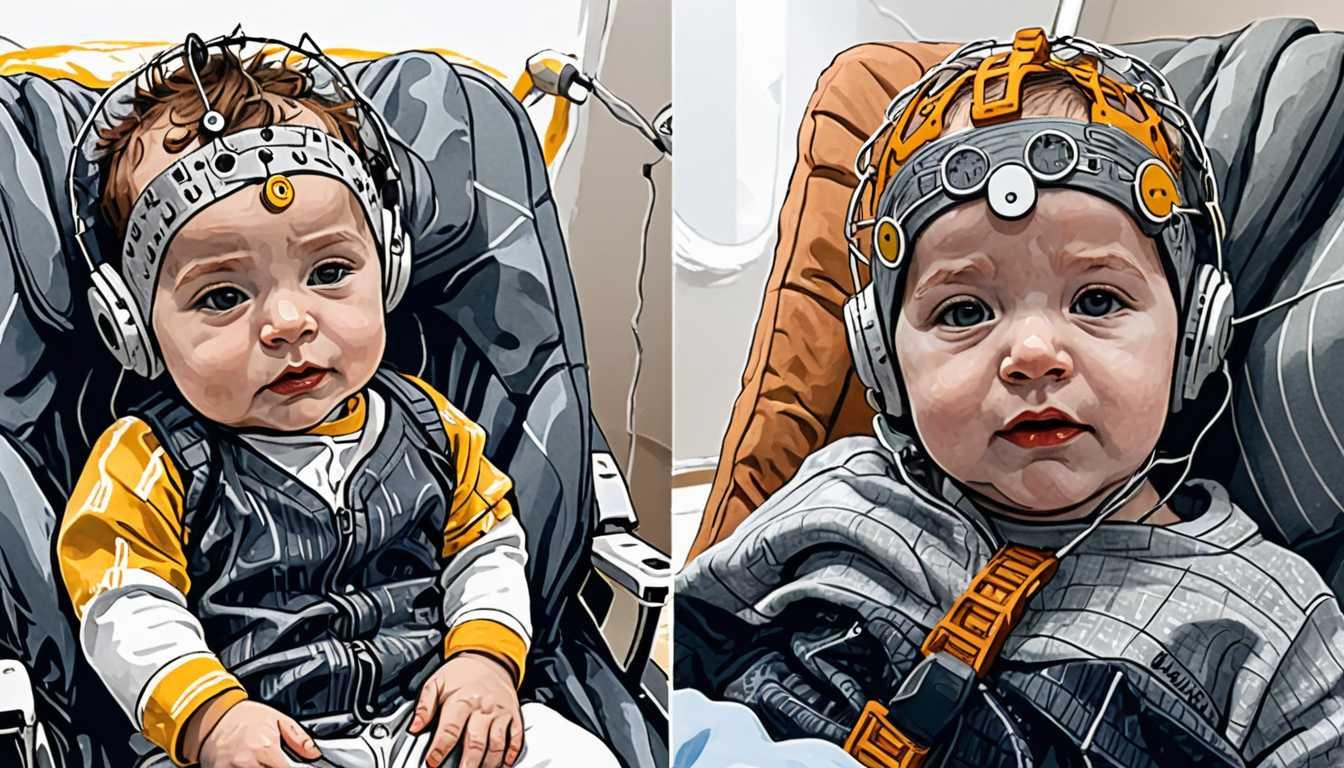Language Clues to Dementia
April 2024
MIT Technology Review
Introduction
Dive into the intriguing world of language and the brain with MIT Technology Review's latest piece, A linguistic warning sign for dementia. Discover how subtle language hiccups could be early indicators of dementia, not just forgetfulness. Researchers have unearthed fascinating insights into how we process ambiguous sentences, which might just be the clue to catching dementia early. It's not just a memory game—language plays a pivotal role too!
READ FULL ARTICLEWhy It Matters
Discover how this topic shapes your world and future
Unlocking the Mysteries of the Mind
Imagine trying to solve a puzzle, but some of the pieces keep changing places. This is somewhat similar to the challenges faced by individuals with amnestic mild cognitive impairment (aMCI), a condition that could lead to dementia, such as Alzheimer's disease. Understanding how subtle changes in language processing can indicate serious brain health issues is crucial. This knowledge not only helps in early diagnosis and potentially more effective treatment but also shines a light on how our brains handle language and memory. For you, exploring this topic could deepen your understanding of human biology and psychology, connecting directly to real-world health issues that might affect people around you, including family members, as they age.
Speak like a Scholar
Cognitive Impairment
A condition where a person has trouble remembering, learning new things, concentrating, or making decisions that affect their everyday life.
Dementia
A group of symptoms affecting memory, thinking, and social abilities severely enough to interfere with daily functioning.
Syntax
The arrangement of words and phrases to create well-formed sentences in a language.
Neuronal Locus
The specific location in the brain where neural activity is concentrated, particularly relating to specific functions like language or memory.
Linguistics
The scientific study of language and its structure, including the study of syntax, phonetics, and semantics.
Ambiguous Sentences
Sentences that can be understood in more than one way due to unclear language, often making it difficult to determine the meaning without additional context.
Independent Research Ideas
Exploring the Role of Syntax in Early Detection of Cognitive Disorders
Investigate how difficulties in syntax processing could serve as early indicators of cognitive decline.
Comparative Study on Language Processing in Healthy Aging vs. aMCI
Analyze how language processing differs between healthy elderly individuals and those with aMCI, focusing on sentence structures and ambiguity.
Neuronal Changes Associated with Language Deficits in Dementia
Examine which areas of the brain show deterioration in individuals with aMCI compared to healthy individuals, particularly in relation to language processing.
Impact of Bilingualism on Cognitive Resilience in aMCI Patients
Study whether being bilingual can delay the onset of language deficits in patients with aMCI, potentially offering insights into protective factors against cognitive decline.
Development of Language-Based Diagnostic Tools for Early Dementia Detection
Design a study to create and validate linguistic tests that could be used as tools for early diagnosis of dementia, focusing on sentence ambiguity and syntax processing.
Related Articles

Mindsets: Transforming Patient Care
February 2024
Stanford University

Pain: Measuring the Immeasurable
April 2023
BBC

Pronouns: Clues to Cognitive Health
March 2024
Cornell University

Aggression Unveiled in Assisted Living
May 2024
Cornell University

Babies, Beats, and Babbling: Learning Language
November 2023
University of Cambridge